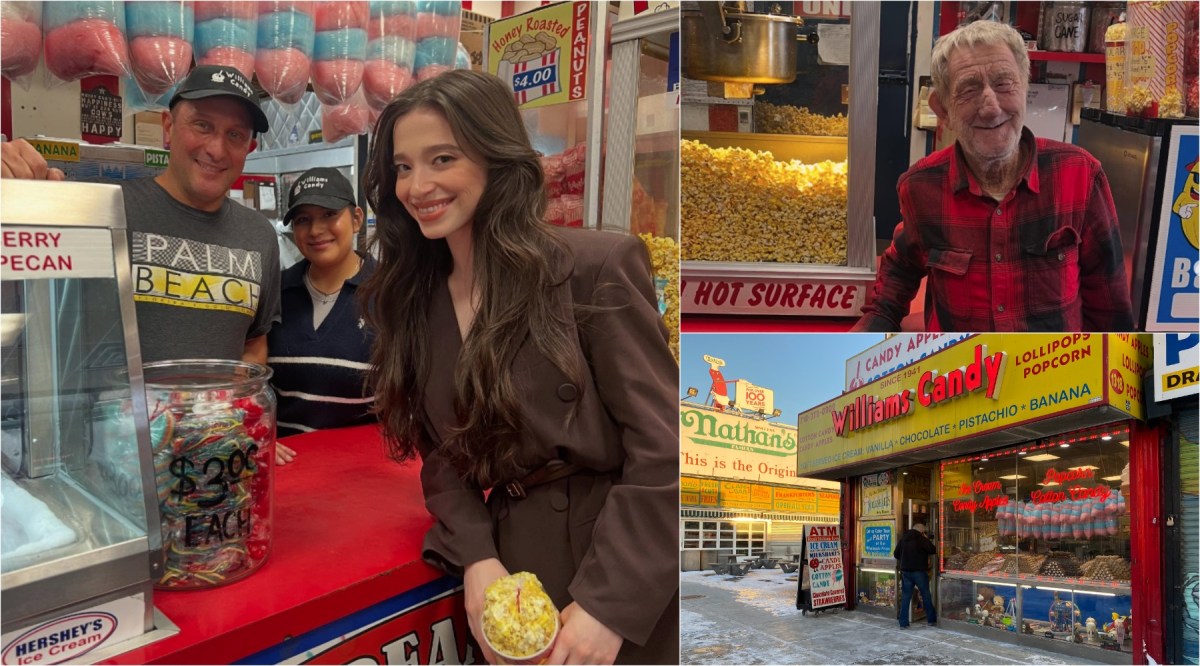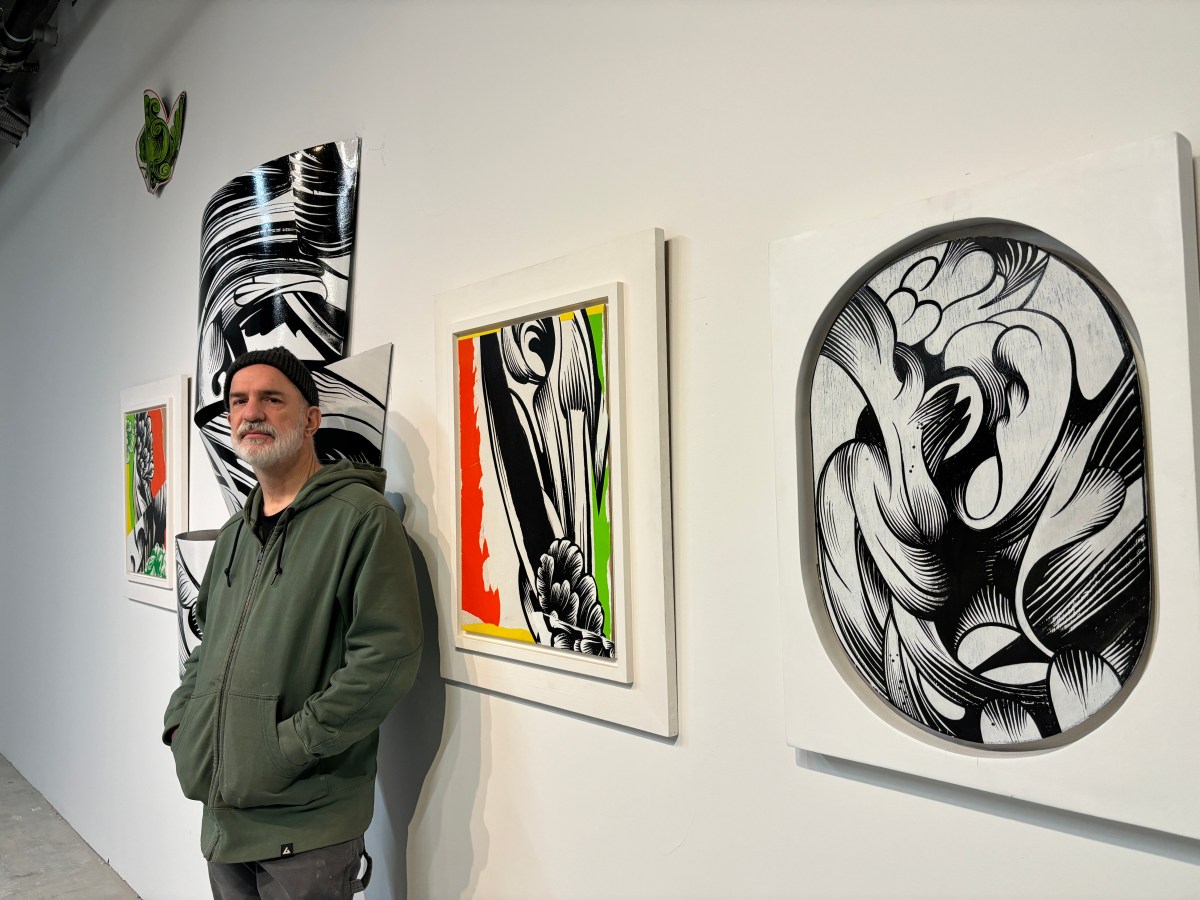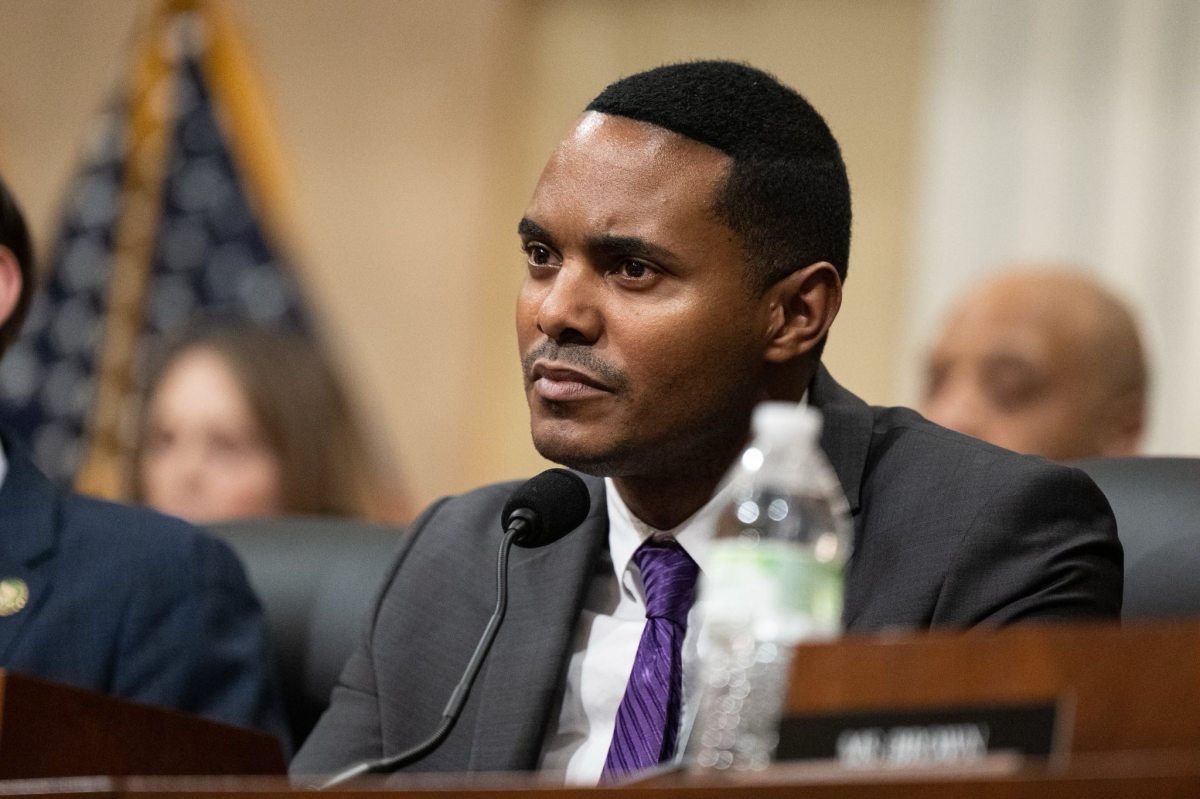What makes a television show “good”? Is it the characters? Visual artistry? Influence?
Two of America’s top critics of the form, Alan Sepinwall and Matt Zoller Seitz, attempt to answer that in “TV (The Book),” creating a rubric based on categories like innovation, consistency and peak, in order to create The Pantheon, a list of the top 100 shows of all time (spoiler alert: “Manimal” does not make it).
amNewYork caught up with the two critics for separate chats during a rare workday hour in which they weren’t screening a show during this era of “peak television” to talk about the book, personal favorites and indulge in a bit of fantasy network drafting.
With so much television being produced for so many stations, is this book possible 20 years from now? Or will we hit a spot where there’s just too many shows in existence to be comprehensive?
Sepinwall: I don’t know. Our hope is that this will be enough of a success that there’ll be later editions, and we’ll update the Pantheon, we’ll move some of the “works in progress” shows into the Pantheon and bump others out. But as it is, we were adding shows literally up to the last day our editor would allow us to do it — and even a couple of days past that. There were these increasingly despairing emails from her about the conversation she was having with production about what we were doing to both of them.
Zoller Seitz: I don’t know if it’s possible now, to be honest. Almost immediately after we turned the manuscript in, Alan and I started exchanging emails saying, “Oh my God, we should have written about ‘Show X’ or ‘Show Y.’” Our editor indulged us up to a point, but at some point she had to say, “Guys, you can’t cover everything.”
The categorical scoring gives the rankings a rubric off of which to work, but were there shows that just “felt” like they should be higher?
AS: I look at “Parks and Recreation,” and I just feel like it should be higher, because I really love that show. But the scoring we came up with, influence and innovation are just going to be really low there.
MZS: I think if I had to do it over again, I would have given “Law & Order” slightly higher scores across the board. I was going off of my memory of watching the show when it was on, and occasional reruns, and shortly after we turned in the manuscript, I was watching a “Law & Order” marathon on cable. Over the course of a weekend I probably watched 12 or 13 episodes in a row, and I was admiring the direction, the blocking of the actors to the camera, the way they would do things in one take whenever possible, the consistently high quality of the performances, and the economy of the writing.
Tomorrow, you are given a TV network, and you get to draft one talent — past or present — whom you can start to build the network around. Who you got?
AS: Norman Lear. He was able to build so many shows, and he was able to do — and I don’t even know if it would be possible now; I feel like if we put “All in the Family” on today it might get protested off the air very quickly — but he was able to achieve this almost-perfect balance of populism and art. These were great shows, that were also very thoughtful and bold and transforming things.
MZS: I think it would be Bryan Fuller. I think I’d like to put Bryan Fuller in charge of a network for a year and see what happens. I think we’d have, if his track record is any indication, 12 or 13 of the most brilliant one-season shows in the history of television.
If you go
Matt Zoller Seitz and Alan Sepinwall will sign copies of “TV (The Book)“ at The Strand Books on Aug. 8 at 7 p.m., 828 Broadway, 212-473-1452, must buy book or $15 gift card
































